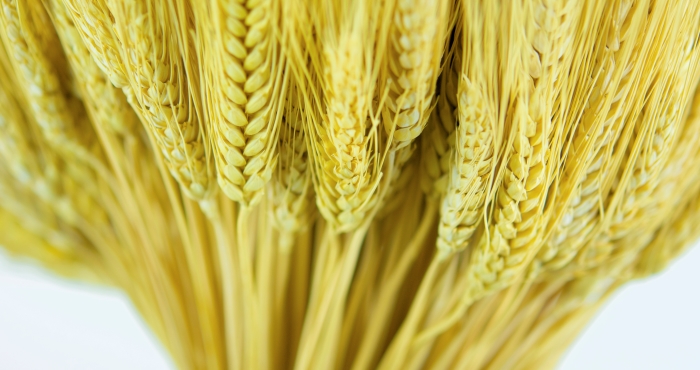
Seven weeks after we celebrate Passover, we mark the holiday of Shavuot—literally “weeks.” In the Bible, Shavuot was primarily an agricultural holiday, marking the end of the grain harvest and the beginning of a new agricultural season during which first fruits were brought to the Temple in Jerusalem. Later, Shavuot came to be associated with the giving of the Torah on Mt. Sinai. On Passover, we were physically freed from slavery; on Shavuot, our freedom is given purpose—we are free in order to serve God according to the dictates of the Torah. Shavuot is celebrated with an all-night study session called tikkun leil Shavuot. It is also common to eat cheesecake and other dairy foods, since the Torah is likened to milk and honey. In this section you will find some ideas for a women’s tikkun, feminine blessings for the Torah, and some poetry and meditations.
Subscribe for the latest rituals, online learning opportunities, and unique Judaica finds from our store.